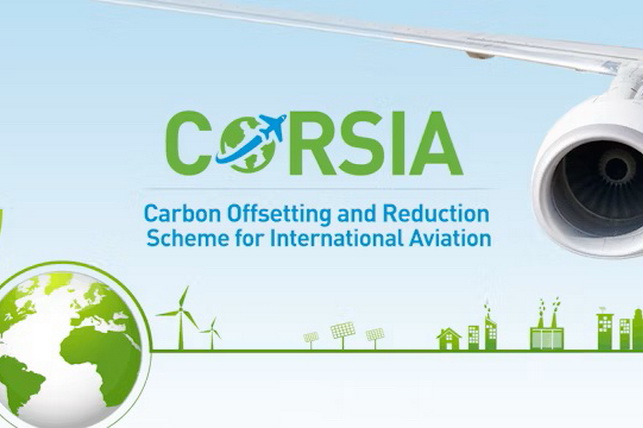
IATA: Slow Implementation of CORSIA Threatens Aviation’s Net-Zero CO2 Goals
IATA: Slow Implementation of CORSIA Threatens Aviation’s Net-Zero CO2 Goals
Tashkent, Uzbekistan (UzDaily.com) — The CORSIA program (Carbon Offsetting and Reduction Scheme for International Aviation) remains a key tool for the aviation industry to achieve net-zero CO2 emissions by 2050. However, its practical implementation is proceeding at an extremely slow pace.
As Mary Owens Thomsen, IATA Senior Vice President for Sustainability and Chief Economist, explained, CORSIA was adopted in 2016 under the auspices of ICAO. The program requires airlines to offset residual emissions by purchasing certified emissions reduction units (Emissions Units), predominantly implemented in developing countries. These projects not only provide measurable CO2 reductions but also generate socio-economic benefits, such as jobs, infrastructure development, and sustainable solutions for local communities.
“These units are considered the gold standard in the carbon finance market and are of interest not only to airlines but to all participants in the global carbon market,” Thomsen noted. However, using them involves significant bureaucratic challenges. Under the Paris Agreement, countries must transfer credits from their national registries and provide them to airlines to fulfill CORSIA obligations. Furthermore, states have the discretion to decide to whom they sell the credits — airlines, other countries, or retain them for themselves.
“Airlines are obligated to purchase them, but states have a choice, which creates problems,” Thomsen emphasized.
IATA Director General Willie Walsh added that out of 193 ICAO member states, only one — Guyana — has so far provided CORSIA-compliant units, making it nearly impossible for the industry to meet its obligations without accelerated government participation. “We aim to use the upcoming ICAO Assembly to draw states’ attention to the urgent need for practical implementation of this agreement,” Walsh said.
Experts stress that successful application of CORSIA not only reduces aviation’s carbon footprint but also helps build global climate finance infrastructure, linking the aviation industry to the broader carbon market. However, real progress in the program critically depends on coordination with governments and simplification of procedures for issuing certified units.
Thus, CORSIA remains a strategically important but under-implemented mechanism on which the aviation industry’s sustainability commitments and transition to a low-carbon model depend.